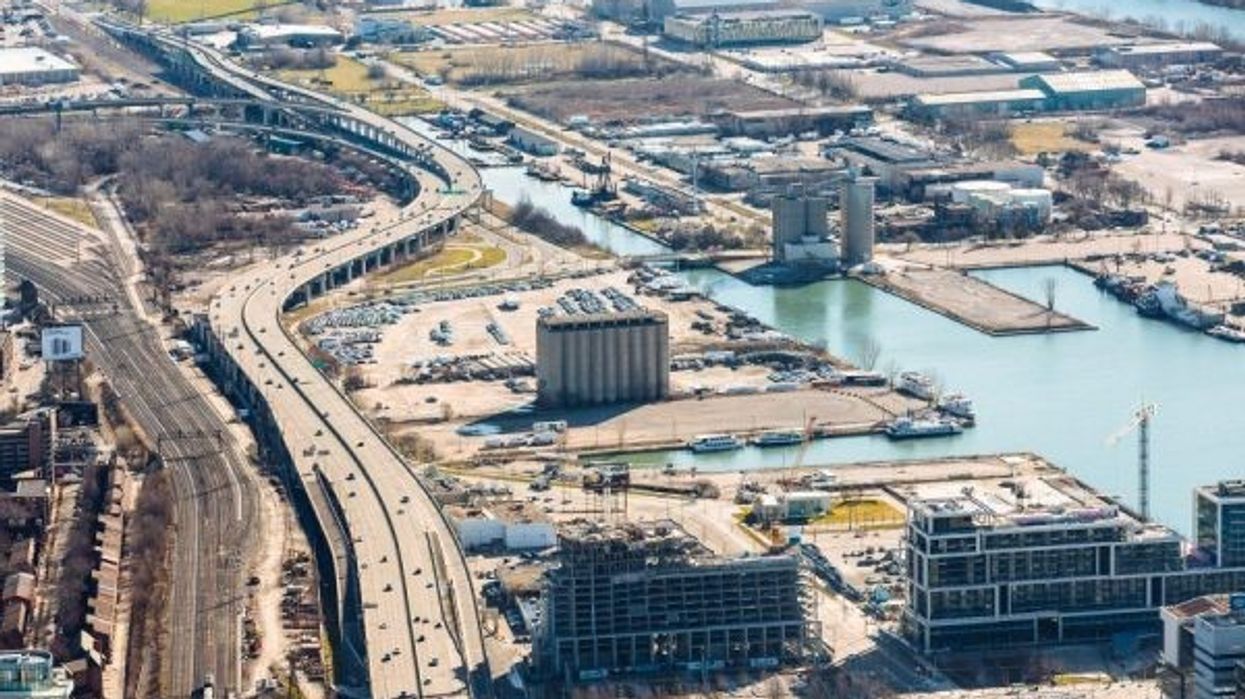Two prominent industry leaders are speaking out against Sidewalk Labs’ Toronto waterfront project, which is meant to redevelop an area known as Quayside.
Canadian architect Jack Diamond and renowned tech investor Roger McNamee wrote separate letters to Toronto City Council’s executive committee this week. In them, they urged the council to rethink the project. Their main concern was Sidewalk Lab’s collection and exploitation of personal data to create a smart city.
READ: Toronto Ranks As One Of The Smartest Cities In The World — But What’s A Smart City?
“The process followed by Sidewalk Labs was inverted,” Diamond wrote. “The principles governing the development should have been established before planning and design was undertaken. These factors include the question of privacy of the individual in the public, as well as the private realm; who benefits from any data collected; and the ownership of the information gathered.”
Diamond also referenced the fact that Sidewalk is a sister company of Google, and argued that “urban development is not [either of their] expertise.”
READ: Too Soon To Cancel Quayside Project, Says New Waterfront Chair
McNamee — who was an early investor in Facebook and Mark Zuckerberg’s mentor — had similar sentiments. However, he went as far as to call the project “the most highly evolved version” of surveillance capitalism.
“[Google] will claim the right to exploit the data it collects in any way it sees fit,” he warned. “If it has not done so already, Google will ask for freedom from politics. The corporation’s goal is to replace democracy with algorithmic decision making, believing the latter to be more efficient.”
READ: Sidewalk Labs Reveals Latest Plans For ‘City Of The Future’ In Toronto
The Quayside Project has been surrounded by controversy ever since it was announced. Not only were three Waterfront Toronto board members fired last year, but a handful of other project members also resigned, citing data privacy concerns.
The project aims to transform a five-hectare land parcel at the end of Parliament Street into a smart city. That means cameras and other monitoring systems would be implemented into the neighbourhood in order to collect personal information. This would then be used to further improve the city.
READ: Industry Experts Advise Next Generation On The Future Of Cities
Sidewalk previously said it would not control the data, and that a public trust would oversee it instead. However, there are no exact details about how this would work.
Responding specifically to McNamee’s letter, Sidewalk spokesperson Keerthana Rang said, “While we welcome public debate about the project, Mr. McNamee does not seem very familiar with what Sidewalk Labs is actually proposing.”
“We believe that this district will in fact set a new standard of privacy and forward-thinking data policy, and we look forward to presenting more details of our plan in the coming weeks.”





















